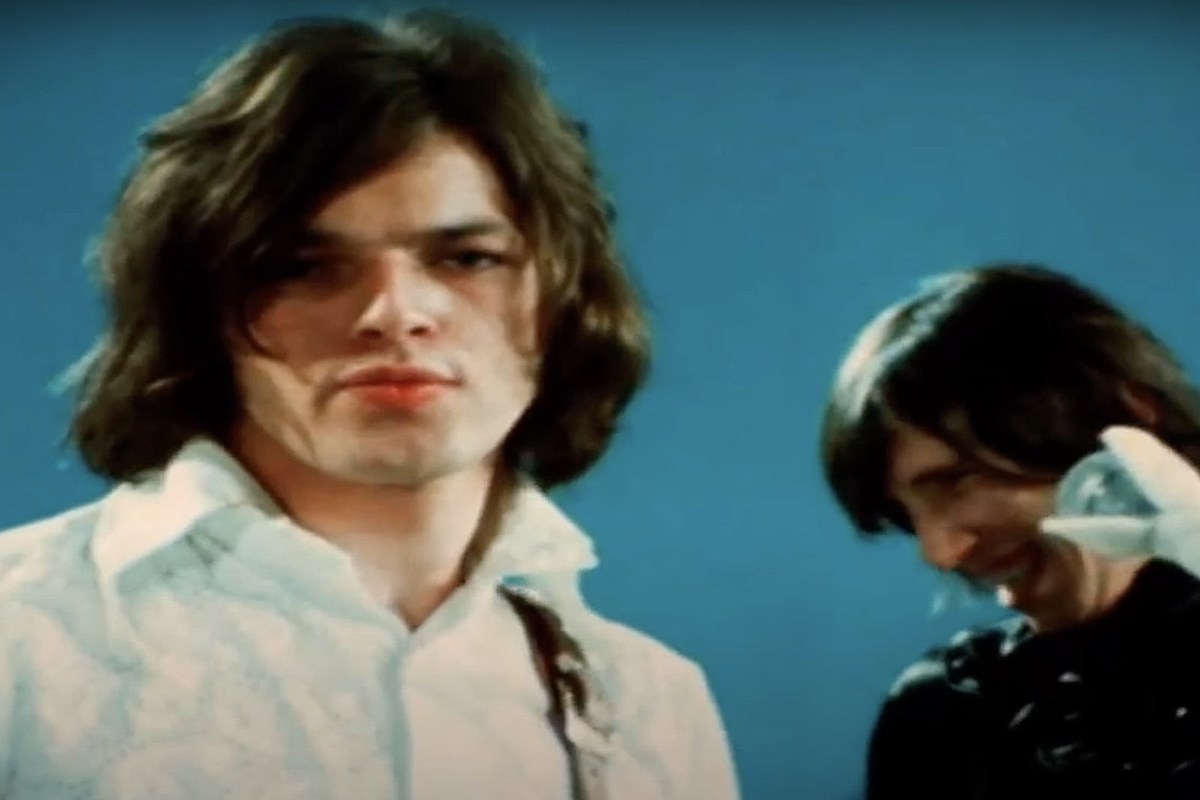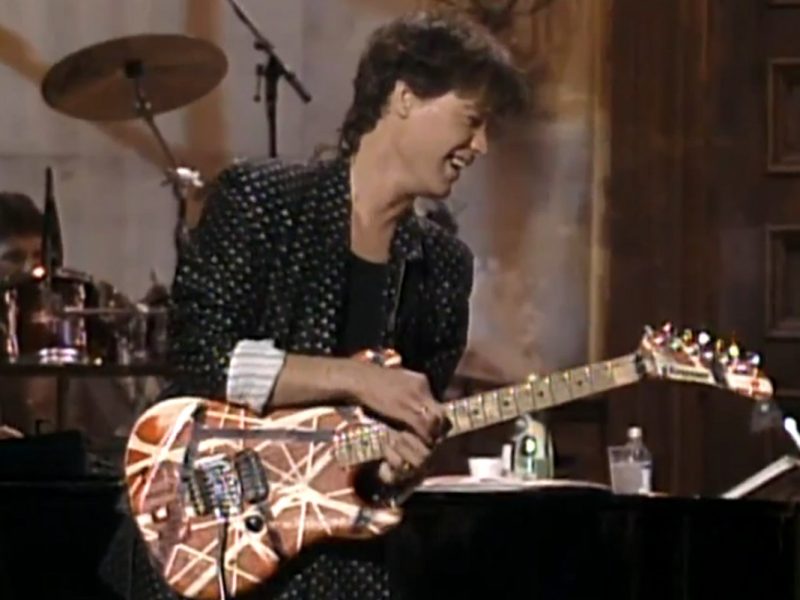David Gilmour’s addition to the Pink Floyd lineup in February 1968 had been a gradual – then very quick – process.
Frontman Syd Barrett and Gilmour were hardly strangers. Gilmour met Barrett as well as future bandmate Roger Waters, at age 11 while growing up in Cambridge, England. Gilmour and Barrett attended Perse School, while Waters was at Cambridgeshire High School for Boys since he was three and a half years their senior.
Barrett and Gilmour continued on to Cambridgeshire College of Arts and Technology, where they played guitar together and even busked in France and Spain, playing Beatles songs for passersby. They went on to establish separate bands – Barrett with Pink Floyd, Gilmour with Jokers Wild – but remained friendly.
Gilmour was even present during the recording of Pink Floyd’s second single “See Emily Play,” where Barrett, surprisingly, did not recognize him. That was near the beginning of mental health issues that became exacerbated by drug use.
Barrett became ever more erratic and disengaged, leading to several canceled shows during 1967 performances. Waters in particular began campaigning for his ouster. As a stop-gap, drummer Nick Mason contacted Gilmour, who’d also spent time working as a male model. “They just said did I want to? and I said yes and it was a simple as that,” Gilmour later told Pink Floyd biographer Nicholas Schaffner.
That was around Christmas 1967. Pink Floyd held their first rehearsal with Gilmour on Jan. 8, 1968 and he made his first appearance on stage four days later at Aston University in Cambridge. The set included “Set the Controls for the Heart of the Sun,” “Interstellar Overdrive” and “Flaming.”
This short-lived five-piece edition of Pink Floyd played several other shows that month, though Barrett was not at a Jan. 26 appearance at Southampton University after the others decided not to even pick him up for the gig. “He was our friend, but most of the time we now wanted to strangle him,” Waters told biographer Mark Blake.
Watch David Gilmour Perform ‘Corporal Clegg’ With Pink Floyd in 1968
On Feb. 1, the group returned to work on A Saucerful of Secrets, which they’d started the previous May. Barrett’s appeared on just three finished tracks – including “Jugband Blues, his sole composition on the album. Gilmour co-wrote the title track and shared lead vocals on two other songs, “Let There Be More Light” and “Corporal Clegg.”
Pink Floyd embarked on a five-date tour of Belgium and the Netherlands on Feb. 17, which included TV appearances on RTB in Brussels and ORTV in Paris, the latter for the music program Bouton Rouge that included previews of the new tracks “Let There Be More Light” and “Set the Controls For the Heart of the Sun.” Keyboardist Richard Wright also took over lead vocals on “Astronomy Domine.”
The hope was that the quartet would handle live performances, while Barrett continued writing and recording in the studio – not unlike a similar arrangement the Beach Boys had with Brian Wilson. Still, all parties seemed to know where things were headed.
“I don’t believe anybody really thought that would work out,” Wright told this writer during Pink Floyd’s 1994 tour in support of The Division Bell. Barrett “was gone. He couldn’t really function, at least in a group environment. We said [he’d continue], but we knew what was going to happen – and it did, relatively soon.”
Pink Floyd and Barrett came to an understanding in March, and his departure was announced on April 6. Barrett went on to record two solo studio albums with assists from Gilmour and Waters. He played appeared a few times on his own before becoming reclusive in the ’70s. He died on July 7, 2006 in Cambridge at the age of 60.
Gilmour, of course, played a key role in Pink Floyd’s ascent to superstardom, second only to Waters as the band’s chief creative force. He took guiding control after Waters’ angry departure in 1985, shepherding Pink Floyd through three more studio albums (also including A Momentary Lapse of Reason and The Endless River) and a pair of successful world tours before focusing on his solo career.
The post-Barrett quartet reunited for Live 8 in 2005, but Gilmour and Waters remained contentious – both in business and personally. Late-period Pink Floyd lyricist Polly Samson, who is also Gilmour’s wife, described Waters in 2023 as antisemitic, an apologist for Russia, “and a lying, thieving, hypocritical, tax-avoiding, lip-synching, misogynistic, sick-with-envy megalomaniac.” Gilmour echoed her comments, calling “every word demonstrably true.”
Top 50 Progressive Rock Albums
From ‘The Lamb’ to ‘Octopus’ to ‘The Snow Goose’ — the best LPs that dream beyond 4/4.
When Alice Cooper Got Stoned with Pink Floyd



